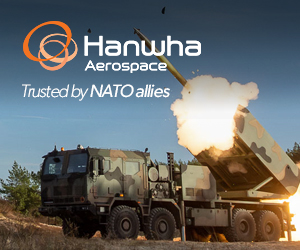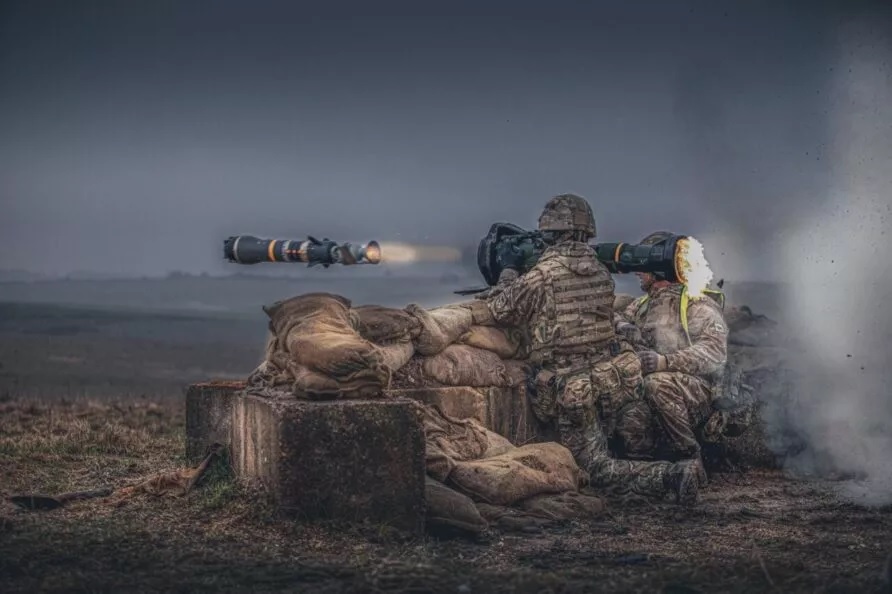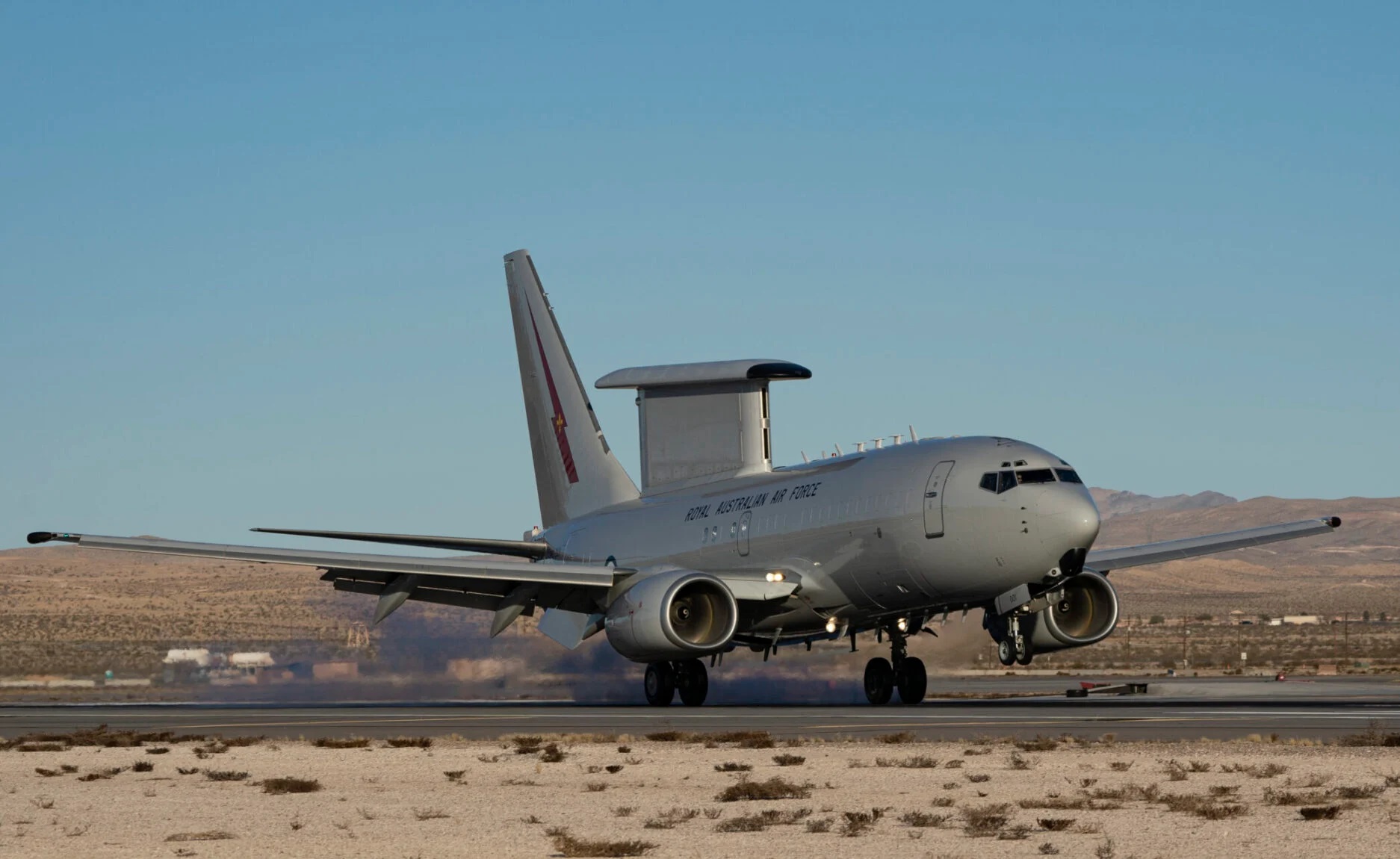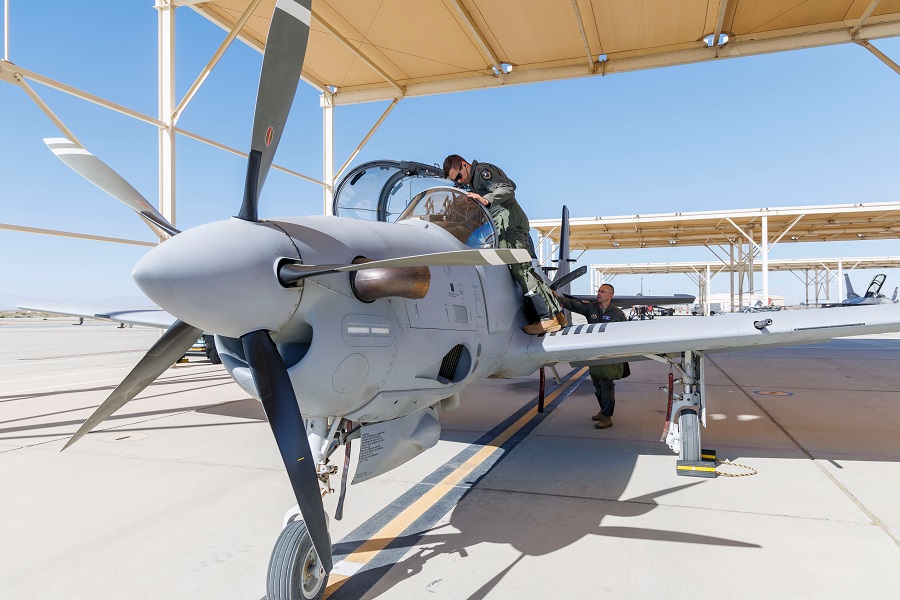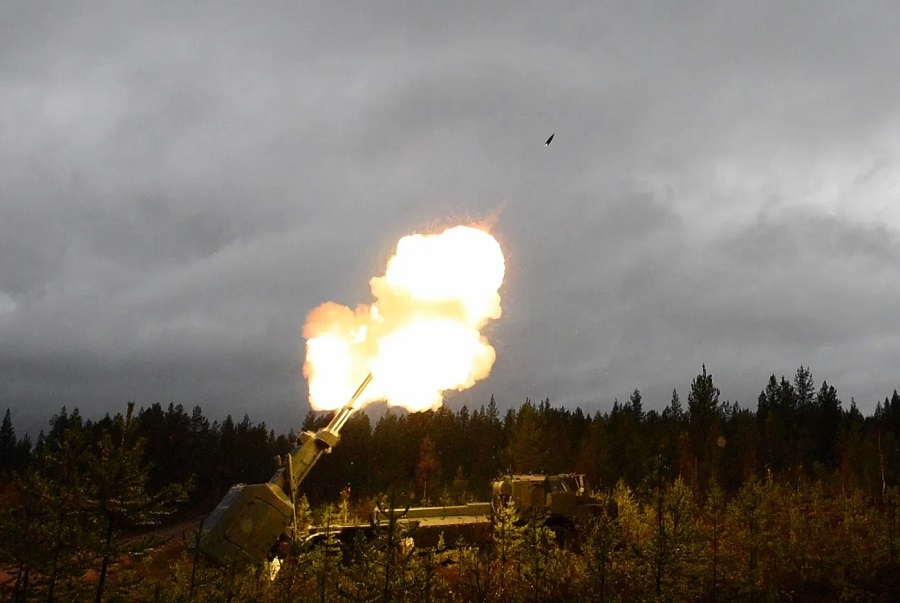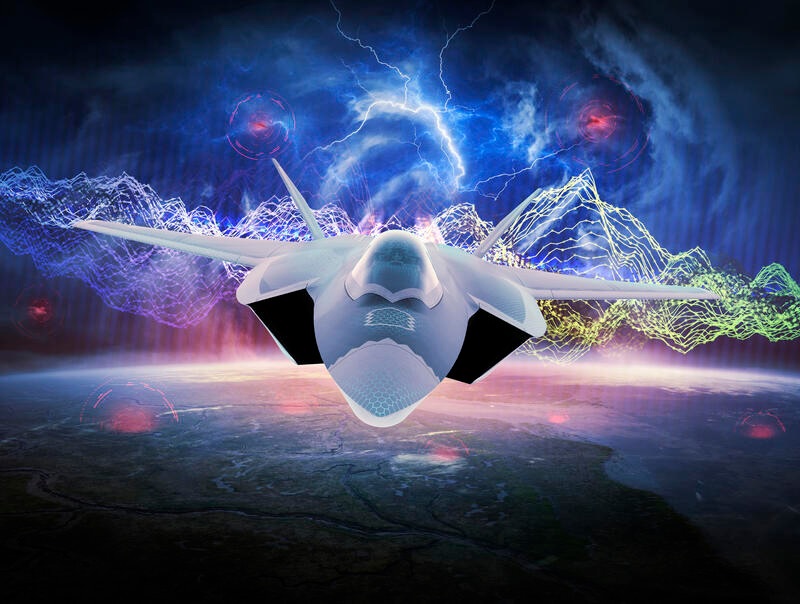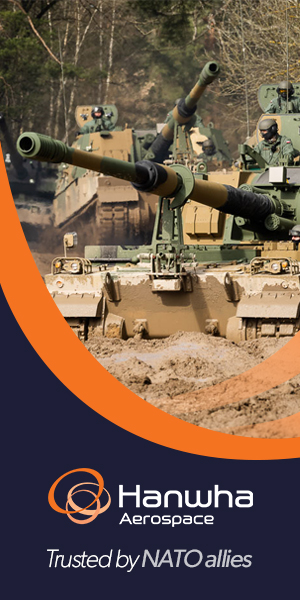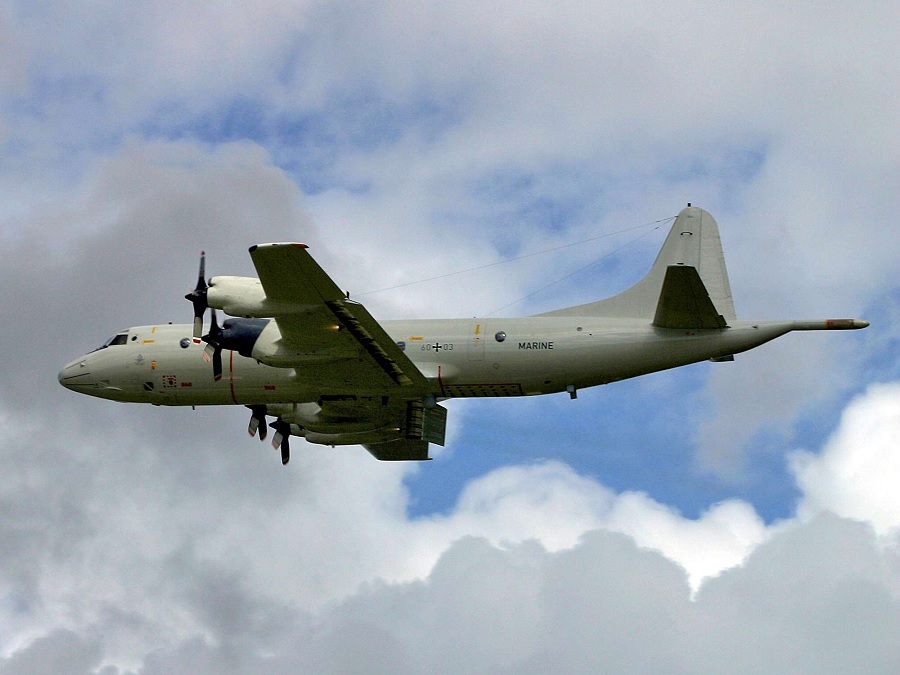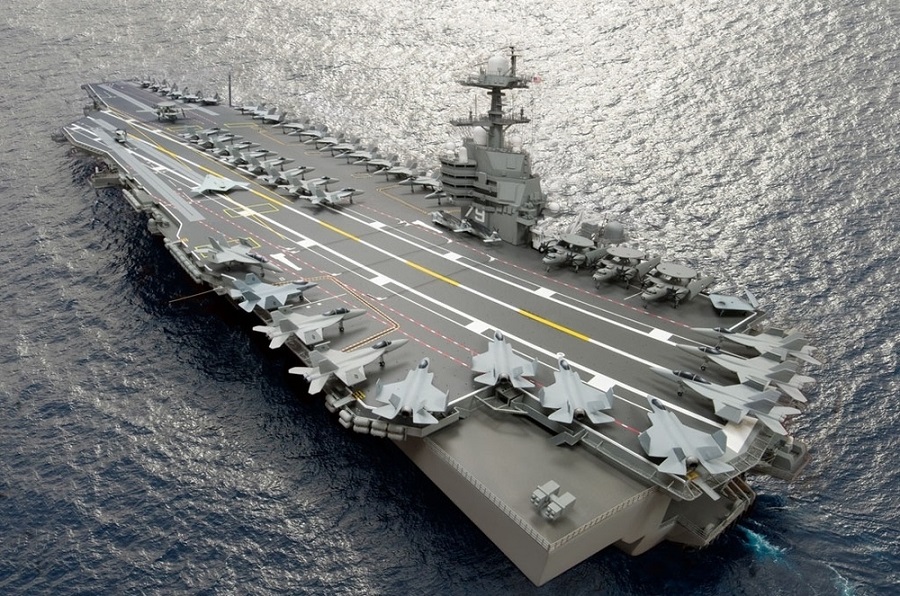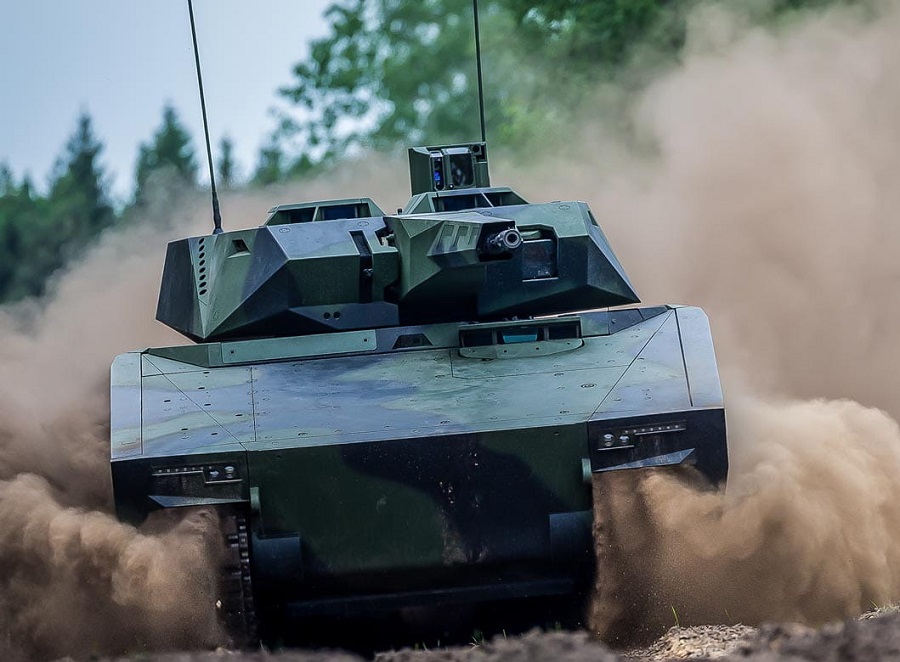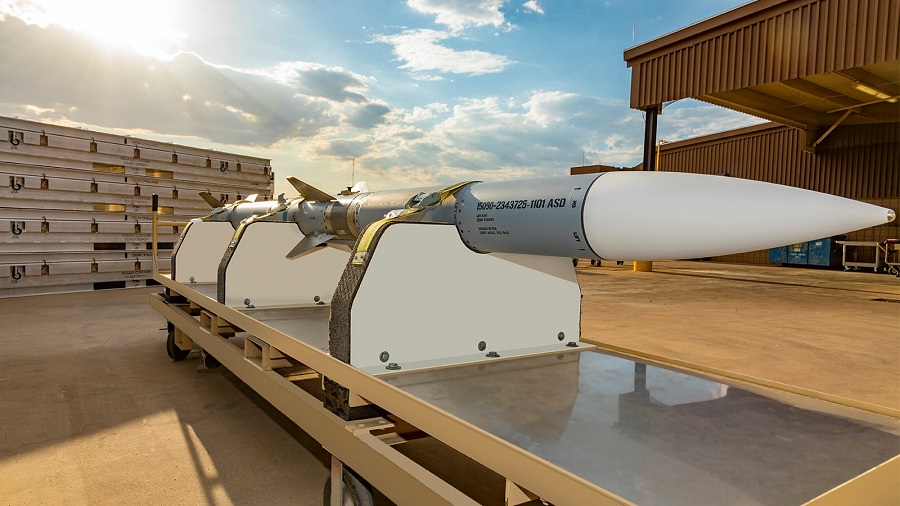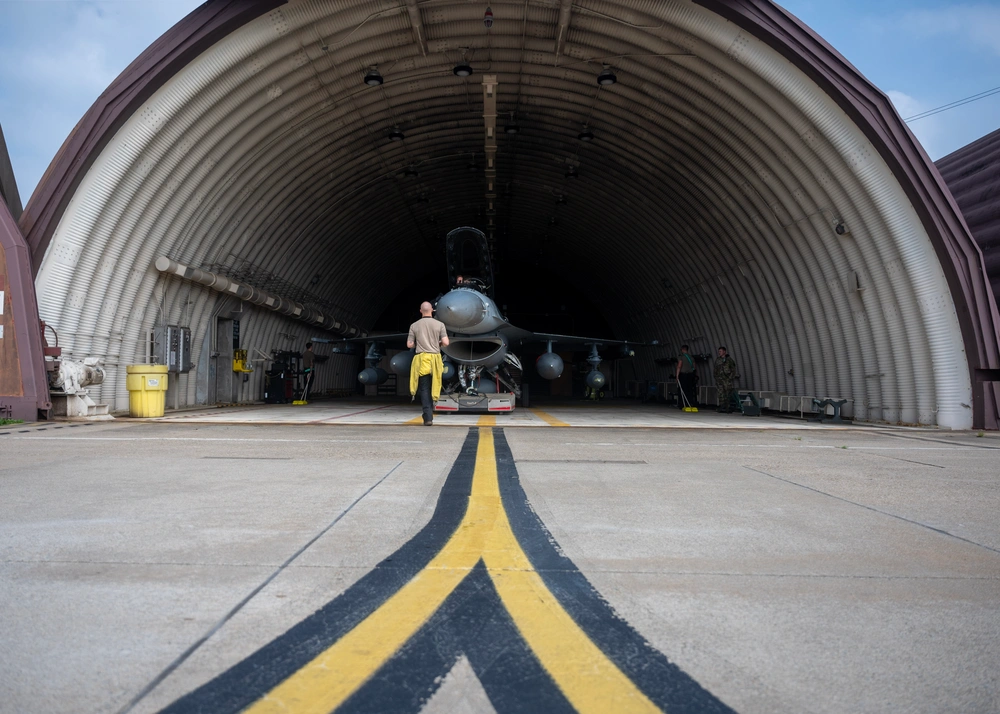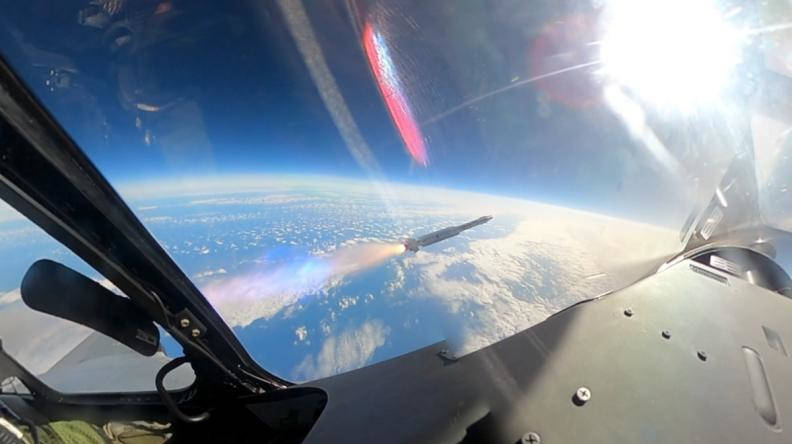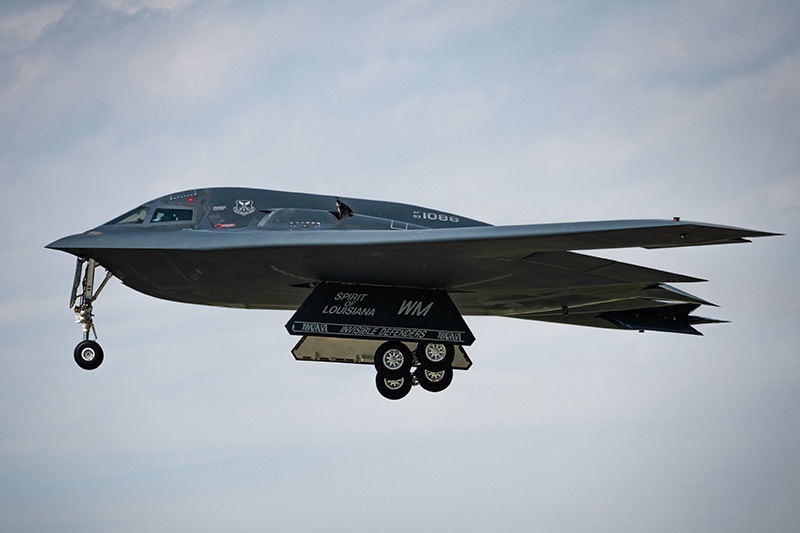The event, executed over a Proliferated Low Earth Orbit (PLEO) datalink, marked an important milestone for unmanned carrier aviation. The Navy’s Unmanned Carrier Aviation program office, PMA-268, utilized the MQ-20 as a test platform, exploring how its Unmanned Carrier Aviation Mission Control Station (UMCS) could potentially control multiple UAS. The control station operated from the USN’s Patuxent River facility in Maryland, while the MQ-20 flew from GA-ASI’s Desert Horizon flight facility in California.
This demonstration marked the first instance of bi-directional communication between GA-ASI’s UAS and the UMCS using operational codes, enabling autonomous actions via PLEO datalink. David R. Alexander, GA-ASI’s President, highlighted the collaborative effort, noting that the test underscored effective industry-government teamwork in advancing unmanned aircraft control capabilities.
Lockheed Martin’s Skunk Works, responsible for the MDCX software, played a key role in this integration. Skunk Works’ Vice President John Clark commented that the test successfully demonstrated a shared control architecture, supporting the Navy’s vision for a future autonomous Carrier Air Wing. The MDCX software facilitated integration, allowing GA-ASI’s MQ-20 to operate seamlessly with Navy command systems.
This initiative is part of a broader push to develop technology for Collaborative Combat Aircraft (CCA). GA-ASI’s MQ-20 Avenger, a jet-powered test bed for autonomous systems, continues to support advancements in unmanned aircraft for U.S. military applications, having also been recently selected for the U.S. Air Force’s CCA program.
Source: GA-ASI.

